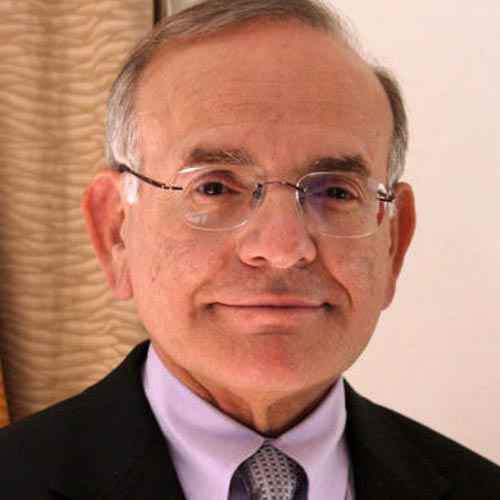Ambassador Gary Grappo served as Envoy and Head of Mission of the Office of the Quartet Representative, the Honorable Mr. Tony Blair, in Jerusalem. He held a number of senior positions in the US State Department and is a leading expert on the Middle East. Glenn Carle is a retired CIA officer who served as the Deputy National Intelligence Officer, leading the 17 agencies of the intelligence community in assessing transnational threats to the US. He is a top geopolitical analyst with rich experience. Atul Singh is the founder, CEO and editor-in-chief of Fair Observer with a deep interest in the Middle East.
Together, this panel explains and analyzes the most recent conflict between Hamas and Israel.
What did Hamas do and how has Israel responded?
On October 7, Hamas launched a deadly terrorist attack. Hamas fighters killed over 1,300 people in towns, kibbutzim (communal settlements in Israel, typically a farm), military bases and a music festival across the barrier that separates the Gaza Strip and Israel.
Israelis were celebrating Simchat Torah, a Jewish holiday that celebrates and marks the conclusion of the annual cycle of public Torah readings, and the beginning of a new cycle. A music festival named "Supernova Sukkot Gathering'' was going on. This open-air psychedelic trance festival in the Negev Desert involved an all-night dance party that was ended tragically by explosions and gunfire.
Hamas terrorists showed no mercy. They killed women, children and old people. Civilians were shot in cold blood. Even women with young children were taken away as hostages. Hamas fighters have taken about 150 hostages with them back to Gaza.
Israel’s reaction to the biggest terror attack in its history has been swift and severe. A national government has been formed. Israel told a million Gazans to evacuate to the southern part of the strip. The Israeli Defense Forces (IDF) are planning to attack Gaza by air, sea and land. IDF jets have been bombing Gaza nonstop after the terrorist attack.
The context of Israel-Gaza conflict
Israel has a complicated relationship with Gaza. It captured this territory in 1967 from Egypt. In 2005, Israel decided to unilaterally dismantle 21 settlements in the Gaza Strip. The government pulled out Israeli settlers and IDF troops from the Gaza Strip. In the 2006 Palestinian Legislative Council elections, Hamas won in Gaza and continues to rule this territory since. Fatah runs the Palestinian Authority in the West Bank.
The Gaza Strip is 41 kilometers long and 10 kilometers wide. To its west is the Mediterranean Sea, to its north and east lies Israel and to its south is Egypt. Gaza’s 2.3 million depend on Israel for food, water, fuel, medical supplies and other items of daily existence.

Israel has clashed with Hamas many times in the past. Yet this terrorist organization continues to retain its vice-like grip on Gaza. Qatar, Turkey and Iran are the key donors to Gaza. Hamas diverts the money that comes in for arms and explosives. An elaborate network of tunnels supports an elaborate smuggling operation. About 50% of Gaza’s population is below 18, poor, largely illiterate and radicalized.
On the Israeli side, Prime Minister Benjamin “Bibi” Netanyahu has been a divisive figure in Israeli society. Until recently, he was running a coalition government with far-right fundamentalists. His judicial reforms divided the country with even IDF reservists threatening to go on strike. Growing Jewish settlements in the West Bank have led to discontent and much of the IDF was tied up there when Hamas fighters attacked.
In this FO° Live discussion, Grappo, Carle and Singh examine the history of the conflict, the causes of this strife and what lies ahead.
To make sense of it all, you can read Atul Singh’s 2012 piece on the history of this conflict, Professor Avi Shlaim’s interview on the cause of this conflict and watch this FO° Exclusive discussion by Singh and Carle about Bibi’s deeply divisive judicial reforms.
The views expressed in this article/video are the author’s own and do not necessarily reflect Fair Observer’s editorial policy.









































Comment